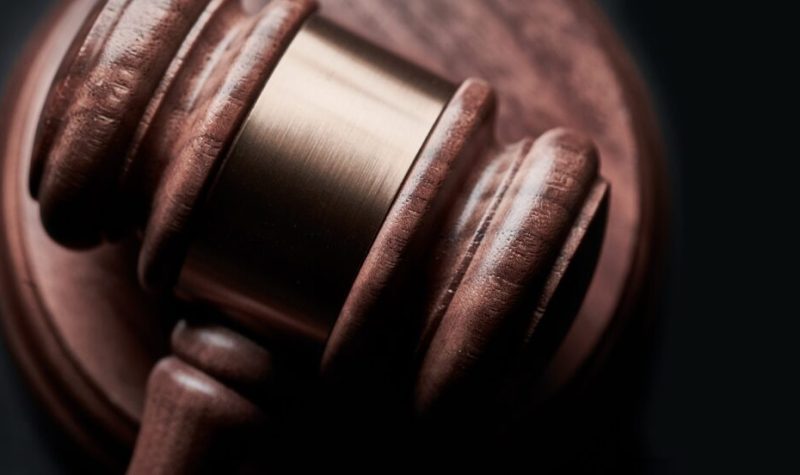A coalition of human rights and housing advocates are taking the City of Toronto to the Ontario Superior Court for a hearing on Thursday, Oct. 1. Members of the public and media may observe proceedings via Zoom at 10 a.m.
The coalition is comprised of the Sanctuary Ministries of Toronto, Aboriginal Legal Services (ASL), Advocacy Centre for Tenants Ontario (ACTO), Black Legal Action Centre (BLAC), Canadian Civil Liberties Association (CCLA), and HIV & AIDS Legal Clinic Ontario (HALCO).
In April, the coalition filed a lawsuit against the City of Toronto alleging failure to protect those who rely on the shelter system during the COVID-19 pandemic. The coalition urged changes to Toronto shelter and respite standards in response to new information that COVID-19 spread quickly in shared living situations.
On May 15, the city and the coalition reached a legally-binding settlement agreement where the City would provide regular progress reports to the coalition until it had reached compliance to the obligations outlined in the agreement. As of June 15, the City claims to have achieved full compliance with this settlement. According to the COVID Shelter Rights website, full compliance would mean that all shelters, respites and drop-ins in Toronto are providing:
- A minimum of two metres between beds
- No bunk beds
- A bed for anyone who had accessed the shelter system since March 11, 2020
The coalition is returning to court on Thursday, Oct. 1 to argue that the city has not met its legal obligations under the settlement agreement. They are arguing that the shelter beds are not two metres apart and that the City has failed to provide accurate information about what is happening in shelters. According to their recent press release, the coalition’s lawyers cross-examined six city staff and forced the city to disclose thousands of pages of internal documents in the process of challenging the city’s claim of compliance.
Failing to meet minimum physical distancing standards endangers those who rely on the shelter system and shelter workers. As of Sept. 27, the city has reported a total of 649 COVID-19 cases linked to shelter outbreaks (current and declared over). Currently, there is one active COVID-19 outbreak reported in the shelter system at Scarborough’s Kennedy House Youth Shelter.
Given the spike in shelter outbreaks in the spring, many Torontonians opted out of the shelter system and started pitching tents in encampments. As winter approaches and cases continue to rise, there are worries that the shelter system will become a hotbed for COVID-19 once again.
“Infection rates are on the rise and as we move into the colder months of the year, those experiencing homelessness need to know that shelters are safe places to turn to,” says Fareeda Adam of the Black Legal Action Centre.
“The City of Toronto must not only adhere to its commitments, it must also take meaningful and proactive steps to ensure the safety of people in shelters. This is even more important as we brace ourselves for the second wave of a virus that disproportionately impacts Black, Indigenous and other racialized communities, as well as people living with disabilities,” she adds.
To read more about the lawsuit against the city, visit the CCLA website.
To hear more from Fareeda Adam of Black Legal Action Centre, listen below:


